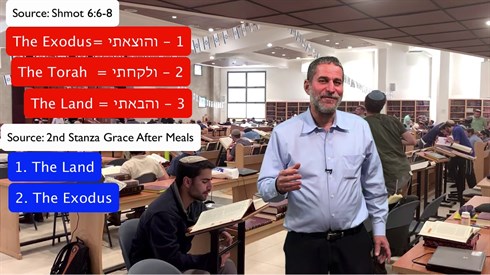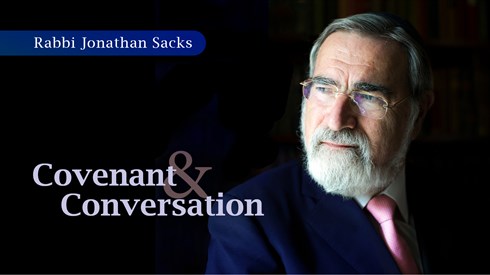- Sections
- P'ninat Mishpat
Case: The plaintiffs (=pl) hired a dating service (=def) to help find suitable matches for their son and daughter for 5,800 and 5,000 shekels, respectively, while hiding the source of the shidduch suggestions from the children. The contract stated that def would suggest potential matches and would give "advice" and that the fee was not refundable under any circumstances. Def suggested, through middlemen and through Facebook, several women for the son, and he dated one of them. Def suggested two men for the daughter, who refused to date either. She confronted her mother after sensing "collusion," and after the mother admitted hiring def, the daughter refused to receive any more ideas. Pl demand a refund on several grounds: def tricked them, as they were too inexperienced to know that def was unlikely to get their children married; the impossibility of a refund is illegal and an unreasonable condition in a set contract; pl were unaware of this condition; def involved pl in the ideas, which was not supposed to happen; def did not do a good enough job; the fee was well beyond industry standards. Def responds that their conditions were fair and clear. They are more professional than other agencies. It is not their fault that the daughter decided not to cooperate. They did not promise a certain amount of dates but to work professionally.
Ruling: Last time we saw that def did a reasonable job in carrying out its obligations regarding the son but not fully so regarding the daughter. Now we respond to some of pl’s claims.
Pl claims that def’s fees were exaggerated, and therefore they should be able to say that their agreement to pay them is not binding. It is true that one who agreed to an exorbitant price to be saved can refuse afterward to pay more than the standard price (Shulchan Aruch, CM 264:7) and that the Rama (ad loc.) applies this to agreement to a shadchan’s fee. However, the Shulchan Aruch (ibid. 8) says that one cannot say he was not serious about the price after he already paid. Furthermore, the Shach (ad loc. 15) says that when shadchanut services are open-ended, one cannot make this claim, and here the amount of work needed was open-ended. Additionally, the Ktzot Hachoshen (ad loc. 3) says that when a shadchan has expenses (here, def has an office with 10 workers), the hirer has to pay that which was agreed. Finally, when a kinyan was made on the fee (here, with payment), the Netivot Hamishpat (ad loc. 8) says the fee is binding. Regarding the claim of ona’ah (the prohibition of overcharging), the Shulchan Aruch (CM 227:33) rules that there are no claims of ona’ah for a worker paid by time.
Regarding the inability to back out of the service, we divide the discussion into two. Regarding the law of exaggerated conditions of set contracts, since we applied the contract in a limited manner [see last week’s article], the condition is not exaggerated. Regarding the law that a person must be able to back out of a service request, that is only for up to 14 days. Pl did not back out within this amount of time.

P'ninat Mishpat (758)
Various Rabbis
443 - Unfulfilled Shidduch Expectations – part I
444 - Unfulfilled Shidduch Expectations – part II
445 - Replacing a Lost Check
Load More


Ending Rental Due to Extenuating Circumstances
Various Rabbis | Tevet 5768


Payment of Din Torah Award by a Litigant’s Orphans
Various Rabbis | 5774


P'ninat Mishpat: A Flawed Used Car – part II
based on ruling 82171 of the Eretz Hemdah-Gazit Rabbinical Courts
Beit Din Eretz Hemda - Gazit | Elul 5784



















